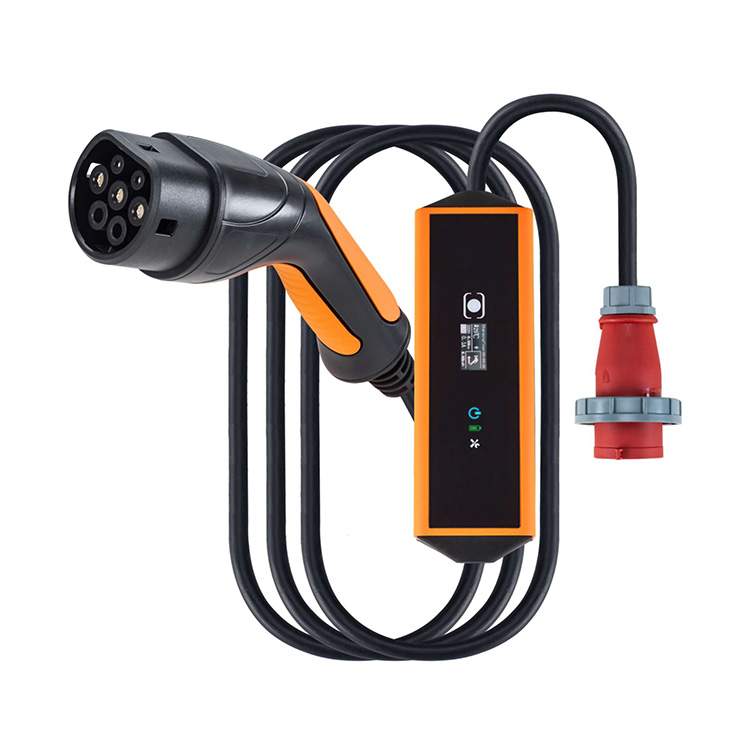Here are key points to know about portable EV chargers
2023-10-17
A portable EV charger, often referred to as a portable electric vehicle charger or EV charging station, is a device that allows you to charge your electric vehicle (EV) from a standard electrical outlet. These chargers are designed for convenience and flexibility, allowing EV owners to charge their vehicles at home, work, or other locations without the need for dedicated charging infrastructure.
Here are key points to know about portable EV chargers:
1. Types of Portable EV Chargers:
- Level 1 Chargers: These chargers use a standard household electrical outlet (120V in North America, 230V in Europe) and provide slower charging rates. Level 1 chargers are typically included with the purchase of an EV and are suitable for overnight charging.
- Level 2 Chargers: These chargers require a dedicated 240V electrical circuit and provide faster charging compared to Level 1. They are available as portable units with various charging capacities.
2. Charging Capacity: Portable Level 2 chargers come in different charging capacities, often measured in kilowatts (kW). The higher the charging capacity, the faster your vehicle's battery will charge. Common charging capacities range from 3 kW to 7 kW or more.
3. Plug Types: Portable EV chargers are available with different plug types to match your EV's charging port. Common plug types include Type 1 (J1772), Type 2 (Mennekes), and Tesla connectors.
4. Flexibility: Portable EV chargers offer the flexibility to charge your EV at different locations, such as your home, workplace, or a friend's house, as long as you have access to an appropriate electrical outlet.
5. Portability: These chargers are designed to be relatively lightweight and easy to transport. They often come with carrying cases or handles for convenience.
6. Safety Features: Quality portable EV chargers come with safety features to protect against overheating, overcurrent, and short circuits. Look for chargers that are UL-listed or certified by relevant safety organizations.
7. Display and Controls: Some portable chargers come with display screens that show charging status, power output, and other relevant information. They may also include control buttons for adjusting settings.
8. Cable Length: The length of the charging cable varies between models. Choose a cable length that provides flexibility for parking your EV near the charging outlet.
9. Cost: The cost of portable EV chargers varies based on factors such as charging capacity, plug type, and brand. While cheaper options might be available, investing in a reliable and well-reviewed charger is recommended.
10. Installation: Portable Level 1 chargers simply plug into a standard household outlet. For portable Level 2 chargers, you'll need a compatible outlet or an adapter to connect to a higher-voltage circuit.
11. Compatibility: Make sure the portable charger you choose is compatible with your EV's charging port and the available electrical outlets.
Portable EV chargers offer convenience and peace of mind, especially for EV owners who don't have access to a dedicated charging station at home or work. They are a valuable tool for extending your EV's driving range and ensuring that your vehicle is ready to go when you are. Always follow the manufacturer's instructions for proper use and safety precautions.



